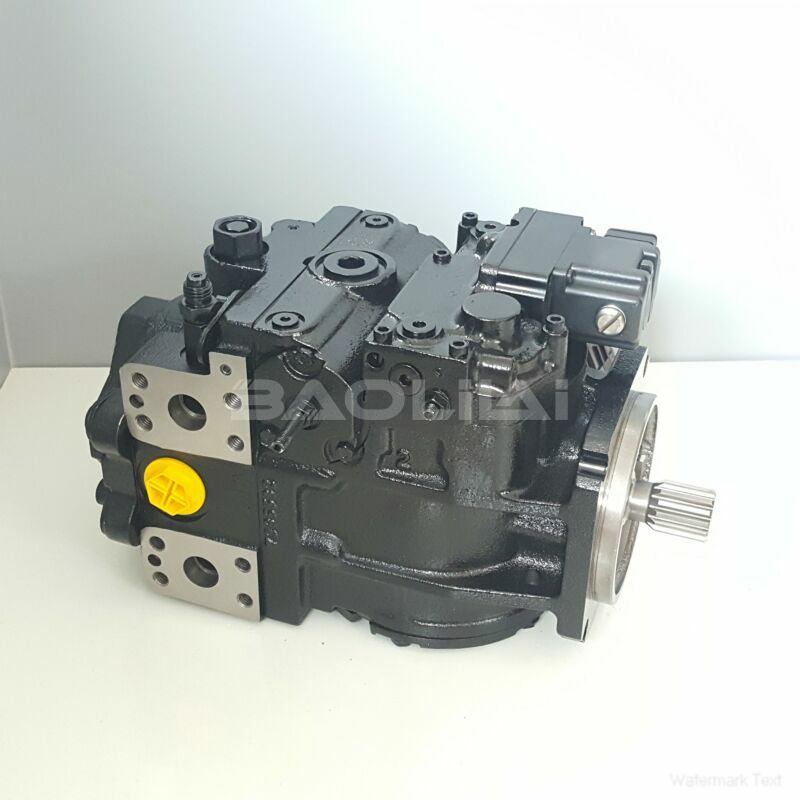90R055MA2CD60P3C6D03GBA353520 danfoss pump
90R055MA2CD60P3C6D03GBA353520 danfoss pump

- Product Details
- Applicable Scene
Hydraulic pumps play a crucial role in fluid power systems, particularly in the realm of precision hydraulic test equipment. These pumps are responsible for generating the hydraulic pressure needed to circulate fluid through various components, ensuring that the system operates efficiently and accurately. Understanding the function and selection of hydraulic pumps is vital for optimizing fluid circulation, achieving precise measurements, and maintaining the integrity of hydraulic testing processes.
90-R-055-MA-2-CD-60-P-3-C6-D-03-GBA-35-35-20
90R055MA2CD60P3C6D03GBA353520
At the core of hydraulic power is the ability to convert mechanical energy into hydraulic energy, and hydraulic pumps are the devices that facilitate this conversion. There are several types of hydraulic pumps, each designed for specific applications and performance requirements. The most common types include gear pumps, vane pumps, piston pumps, and screw pumps. Each pump has its own advantages in terms of efficiency, pressure generation, and flow characteristics, making the selection of the right type critical for precision applications.

9421611
In precision hydraulic test equipment, the accuracy of fluid circulation is paramount. This accuracy is influenced not only by the type of hydraulic pump used but also by its design features, such as displacement volume, efficiency rating, and pressure capabilities. When selecting a hydraulic pump, engineers must consider the required flow rate and pressure specifications needed for their testing applications. For instance, tests that involve high-pressure environments may benefit from piston pumps due to their ability to produce higher pressures and more consistent flows.
Moreover, the integration of hydraulic pumps within fluid circulation systems goes beyond mere flow generation. The design of the hydraulic circuit, including the choice of valves, filters, and accumulators, significantly impacts the overall performance and precision of the test equipment. Hydraulic pumps must be selected to work harmoniously with these components to minimize pressure drops and eliminate potential leaks, which can compromise test results.





